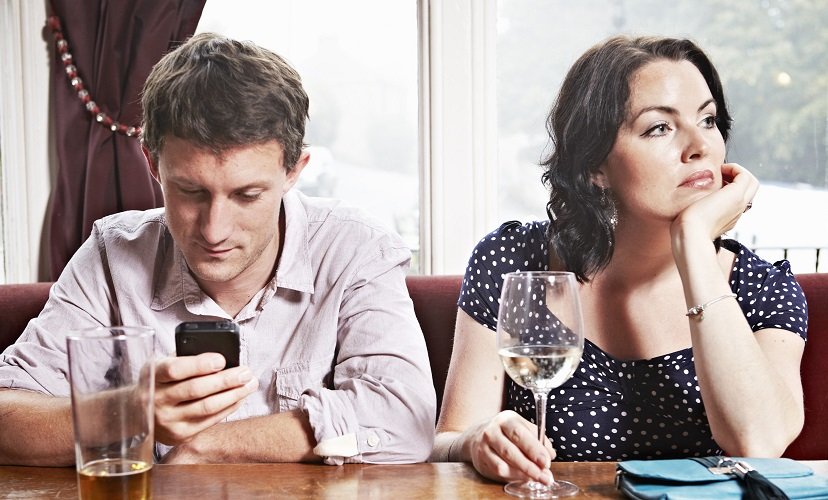“When individuals consistently prioritise their phones over face-to-face communication, it can lead to feelings of isolation, frustration and a sense of being undervalued by those who are being ‘phubbed’,” Dr Rahul Chandhok, head consultant, mental health & behavioural science, Artemis Hospital, Gurgaon, said.
If you were too busy on your phone while your significant other was blabbering about something, you are most likely guilty of phubbing. A portmanteau of “phone” and “snubbing” — this phenomenon refers to the act of ignoring or neglecting someone because of being too engrossed in one’s smartphone or other digital devices.
While it may seem fairly benign, it can have several harmful effects. “When individuals consistently prioritise their phones over face-to-face communication, it can lead to feelings of isolation, frustration and a sense of being undervalued by those who are being ‘phubbed’. It deteriorates the quality of social interactions — making them feel shallow and disconnected,” Dr Rahul Chandhok, head consultant, mental health and behavioural science, Artemis Hospital, Gurgaon told indianexpress.com.
Phubbing can be characterised by a range of behaviours. “From frequent scrolling on your phone, escaping your emotional reaction by using your phone, choosing your phone over your partner to stop enjoy interacting with your close ones and not paying attention to their feelings, can constitute phubbing,” Dr Shweta Sharma, consultant clinical psychologist, Manipal Hospitals, Gurugram explained.

The rise of phubbing can be attributed to the increased proliferation of smartphones and the constant connectivity they offer. Often, people feel compelled to check their phones due to the fear of missing out (FOMO) on notifications or the addictive nature of social media. As a result, even during social gatherings, people may find themselves irresistibly drawn to their phones.
The behaviour can also lead to long-term consequences with no repair in sight. “Chronic phubbing can have long-term consequences, potentially leading to relationship dissatisfaction, unhappiness, and even separation or divorce in extreme cases,” Dr Chandhok said.
A recent study in the journal Computers in Human Behavior found that higher levels of phubbing lead to marital dissatisfaction. Additionally, one paper published in the Frontiers in Psychology revealed that it can cause feelings of distrust and ostracism.
Coping with phubbing, whether you’re the one being phubbed or trying to address your own habits, involves proactive strategies to promote healthier and more meaningful interactions. According to the experts, these include:
*Open communication: Express your feelings calmly and honestly to the person who is phubbing you. Let them know how their behaviour makes you feel neglected and why it’s important to you.
*Set boundaries: Establish clear boundaries regarding device use during quality time together. Discuss when it’s acceptable to use phones and when it’s not.
*Lead by example: Demonstrate the behaviour you would like to see. Be completely present during interactions and put away your own phone to show that you value the time spent together.
*Plan device-free activities: Suggest activities that don’t involve screens, such as hiking, board games, or simply going for a walk, to encourage more engagement without distractions.
*Positive reinforcement: When the person makes an effort to be present and attentive, acknowledge and appreciate their efforts to reinforce the desired behavior.
If you’re struggling with phubbing habits:
*Self-awareness: Recognise when you’re prone to phubbing and why you do it. Understanding your triggers can help you address the behaviour.
*Prioritise relationships: Make an effort to prioritise face-to-face interactions and value the time spent with loved ones.
*Digital detox: Consider setting aside specific times or spaces where devices are off-limits, such as during meals or in the bedroom. Use apps or settings to limit screen time.



